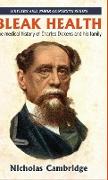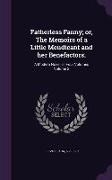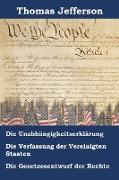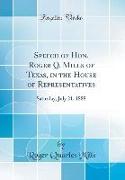Bleak Health
BücherAngebote / Angebote:
Dickens had a life-long obsession with health and medicine. This landmark new book documents this more fully than ever. It is valuable, too, for studies of public health changes in the 19th-century.
Bleak Health - by a medically-trained literary historian - offers an in-depth study of Dickens's life and letters from a medical viewpoint, throwing new light on his world, his medical history, that of his family, and his obsessions.
This is the first time that a comprehensive account of the health of Charles Dickens and his family has been published in one volume. It will provide a key reference for his readers.
The Victorians were preoccupied with their health and the connection between mind and body - and Dickens was no different. He tried to keep healthy by going for long walks, taking daily shower baths and keeping abreast of medical issues of the era. Despite these efforts he developed 20 illnesses during his lifetime. These included chronic carbon monoxide poisoning, gonorrhoea, tic douloureux, asthma, gout, a painful anal fistula and transient ischaemic attacks, he finally died from apoplexy. To treat his ailments Dickens tried all the standard therapies of the era such as bloodletting, blistering and purging. He was also reliant on medicines including laudanum, Cockles antibilious pills and calomel.
Apart from the family practitioner he became friends with several leading doctors including the mesmerist John Elliotson and the public health reformer Thomas Southwood Smith. Through these relationships Dickens himself became an expert mesmerist and an enthusiastic campaigner for public health improvements.
Bleak Health provides new insights into the health of Dickens's family. A detailed account is given for the first time of Dickens's father's tragic final illness from a ruptured urethral stricture including the treatments and surgeons involved. The book describes the difficult confinements endured by Dickens's wife Catherine who had 10 children. After her seventh confinement, Catherine received chloroform anaesthesia because Dickens decided that she should be free of pain. Later, Dickens often referred to Catherine's 'nervous condition' believing she was suffering from a mental illness. This may be the reason why he wanted her admitted to a lunatic asylum.
Dickens often bore the responsibility for the health of his siblings and after their deaths he helped support their families. Six out of seven of his siblings died at an earlier age than he did, two in childhood. His sister Frances died from consumption. His letters describe her harrowing symptoms in graphic detail in the days before her death. Consumption also claimed the lives of two brothers. Dickens's younger brother Frederick died of asphyxia caused by a burst abscess of his right lung.
Dickens had seven sons and three daughters, they suffered with a variety of infectious diseases including scarlet fever, measles, whooping cough, cholera and smallpox. Two of his sons were troubled with deafness and one developed stammering and suffered with sleepwalking. Two sons died from heart attacks, one from a burst aortic aneurysm and the eldest son died of apoplexy, like his father. His most successful son, Sir Henry Fielding Dickens, died from his injuries after being hit by a motorcycle.
Folgt in ca. 15 Arbeitstagen




